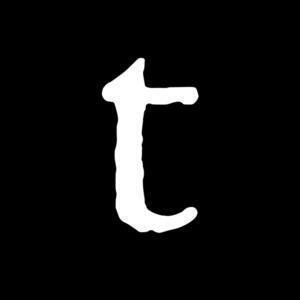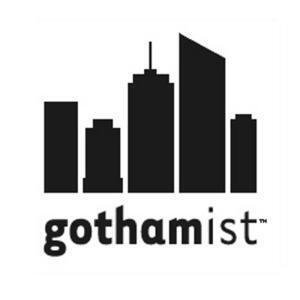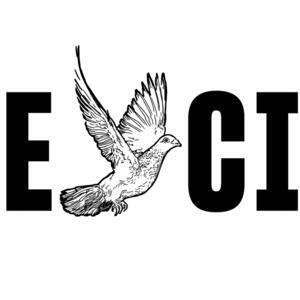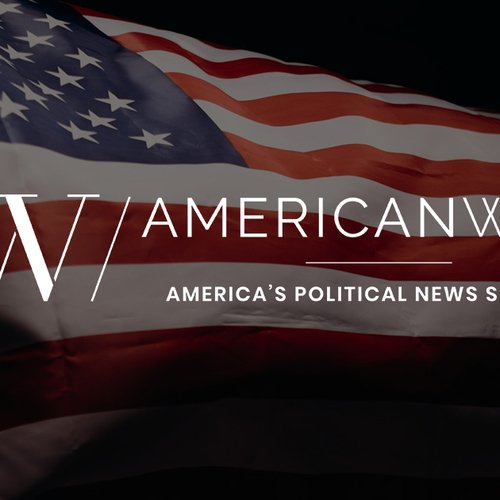- Eleven days into a New York correction officers’ strike, a tentative agreement has been reached. Gov. Kathy Hochul said the state and the union for striking correctional workers have agreed to binding terms after four days of mediation talks.
- The HALT Act has been a central part of the strike, which limits how solitary confinement may be used in prisons across the state.
- The workers must return to work by Saturday, March 1, to avoid being disciplined for striking.
Full Story
A tentative deal has been reached to end an illegal correction officers’ strike in New York, which has disrupted the state’s prison system for more than a week. Gov. Kathy Hochul, D, announced the agreement between the New York State Department of Corrections and the State Correctional Officers and Police Benevolent Association on Thursday, Feb. 27. It was the 11th day of the strike, which stretched across the state, taking place in 38 of New York’s 42 correctional facilities.
The correction officers have been calling for safer working conditions and for the HALT Act, which restricts the use of solitary confinement, to be repealed.
Under the terms of the deal, the HALT Act will remain suspended for 90 days while the state evaluates if reinstating it will “create an unreasonable risk” to staff and inmate safety.
What are officials and groups saying about the HALT Act?
On Wednesday, Feb. 26, New York Assembly Speaker Carl Heastie, D, said he understands the strikers’ concerns for safety but questions if putting their fellow coworkers at risk was the right thing to do.
Organizations like the New York State Conference of the NAACP have also criticized the decision.
“Prolonged solitary confinement is torture, and, contrary to the narrative of the moment, it makes everyone in prisons and jails less safe.”
What are the other terms of the tentative deal?
The agreement also includes changes to address staffing shortages and provisions to minimize mandatory 24-hour overtime shifts.
The strikers won several key concessions, including a temporary bump in overtime pay and a potential change in pay scale.
What happens next?
Because the union representing the workers has not supported the strike, a tentative deal with the union doesn’t necessarily mean an end to the strike is certain.
Each individual correction officer will now have to decide if they want to accept the terms.
Workers may face fines since the protest violated a state law barring strikes by most public employees. However, as part of the deal, striking employees will not be disciplined by the New York Department of Corrections.
The terms of the agreement will not go into effect until all employees return to work, which is required Saturday, March 1.



















